Electric Resistance Welding (ERW) steel pipe, known for its cost-effectiveness and versatile applications, plays a crucial role in various industries, particularly in the transportation of oil, natural gas, and other liquid and gaseous materials. ERW steel pipes are widely regarded for their ability to meet both high and low-pressure requirements, dominating the global pipeline market. In the construction and infrastructure sectors, the choice of steel pipe piles is vital to ensure project quality. With its unique advantages, ERW steel pipe has become increasingly popular as a preferred material in the industry. So, what makes ERW steel pipe so exceptional?
What is ERW Steel Pipe?
ERW, short for Electric Resistance Welding, refers to the welding process used to manufacture steel pipes by heating the edges of steel plates with electrical current and joining them through pressure rollers. ERW steel pipes primarily include AC-welded (alternating current) and DC-welded (direct current) varieties.
AC-welding: Divided into low-frequency, medium-frequency, super high-frequency, and high-frequency welding methods, high-frequency welding is commonly used to produce thin-walled or standard thickness steel pipes.
DC-welding: Typically used for manufacturing small diameter pipes.
The high-frequency welding process is widely used for ERW pipes, making them ideal for the oil and gas transportation sector. Thanks to their superior performance, excellent quality, and high economic value, ERW steel pipes have become highly favored in the global market.
1.Production Process Benefits
ERW steel pipes are produced using electric resistance welding technology, which involves heating steel plate edges with electrical current and then joining them under pressure. Compared to traditional LSAW steel pipe production processes, ERW steel pipes are more cost-effective, highly efficient, and simpler to manufacture, requiring fewer complex machines.
This process significantly shortens production times and can create steel pipes in various sizes and specifications, catering to the diverse demands of construction projects. Additionally, due to the simplicity of the production process and cost-effective control, ERW steel pipes are priced competitively and offer strong market value.
2.Superior Structural Performance
ERW steel pipes have precisely controlled weld joints, ensuring the strength of the weld and the pipe body are nearly identical. As a result, ERW steel pipes exhibit exceptional mechanical properties, especially in terms of compression, bending, and tensile strength. These properties allow ERW steel pipes to withstand significant loads when used as piling material, effectively distributing structural pressure to maintain the stability of buildings and infrastructure.
Furthermore, the smooth surface and uniform walls of ERW steel pipes reduce the likelihood of cracks or defects, providing excellent corrosion resistance. Even under harsh environmental conditions, ERW steel pipes offer extended service life, minimizing maintenance and replacement needs, thereby reducing long-term costs.
3.Convenient Installation and Construction
ERW steel pipes are manufactured to precise dimensions, ensuring accurate and easy installation. When used as piling material, ERW steel pipe piles can be inserted with great precision, reducing errors during construction and improving work efficiency.
Moreover, the moderate weight of ERW steel pipes makes transportation and on-site handling easier, speeding up the assembly process. This time-saving advantage is crucial for large-scale construction projects, enabling faster completion timelines.
4.Seismic Performance
ERW steel pipes are produced with fine welding techniques, ensuring uniform welds and high strength. As a result, ERW steel pipe piles can effectively absorb shock and prevent damage from seismic activity or other external forces. Compared to traditional concrete or prestressed steel piles, ERW steel piles offer superior seismic resistance, improving the safety of buildings and structures in earthquake-prone regions.
This capability has made ERW steel pipe piles a popular choice for infrastructure projects in seismically active areas, particularly in high-rise buildings and bridges.
Environmental Adaptability ERW steel pipes boast exceptional corrosion resistance, making them ideal for harsh environments such as marine ecosystems, humid soil, or areas with significant chemical contamination. The rigorous surface treatment of ERW steel pipes enhances their resistance to corrosion, allowing them to maintain long-term stability even in underwater or chemically aggressive environments.
Additionally, their superior adaptability enables ERW steel pipes to perform effectively in various soil types, including soft or rocky foundations, ensuring strong support for construction projects in different geological conditions.
6.Recyclability and Eco-Friendliness
As environmental awareness grows, the demand for sustainable building materials has risen. ERW steel pipes are highly recyclable, reducing resource waste. Steel is known for its high recyclability and low environmental impact compared to other materials.
In modern construction and engineering projects, the use of recyclable materials is becoming increasingly important. ERW steel pipes meet these sustainability demands, making them a preferred choice for environmentally conscious projects.
7.Cost-Effectiveness
Compared to other types of steel pipes, such as spiral-welded , ERW steel pipes are more affordable. By simplifying the production process and optimizing production lines, ERW steel pipes are produced at a competitive price point, meeting budgetary requirements for various projects. Moreover, thanks to their high strength and durability, ERW steel pipes require less maintenance and replacement, saving overall project costs in the long term.
8.Versatility
Beyond being used in piling, ERW steel pipes have widespread applications in other civil engineering fields, such as support structures, underground facilities, and road construction. This versatility allows ERW steel pipes to be used in a variety of projects, further increasing their market demand and application range.
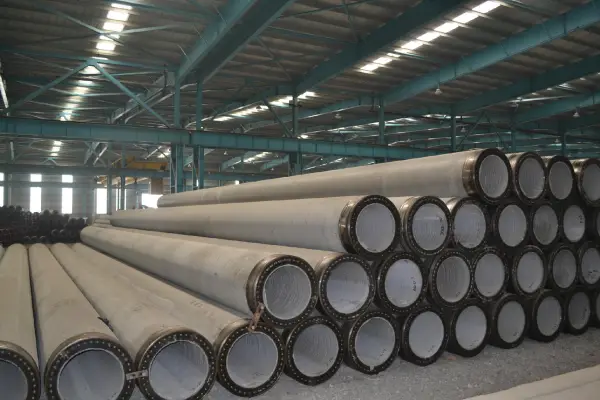
Precautions for using ERW pipes for steel pipe piles
If you consider using
ERW pipes for steel pipe piles, you should ensure that:
The weld quality meets the standards to avoid affecting the structural strength due to welding defects.
Anti-corrosion treatment is in place, such as coating or galvanizing, to extend the service life.
Reasonable design to ensure that it can meet the actual bearing capacity and geological environment requirements.








 English
English Español
Español بالعربية
بالعربية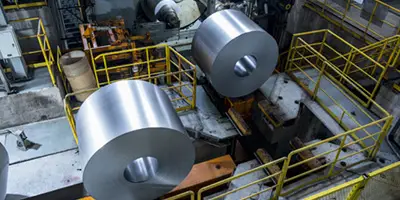
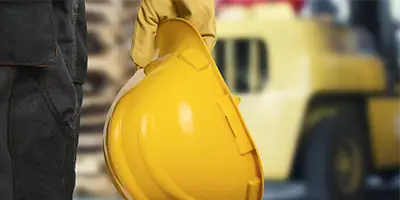
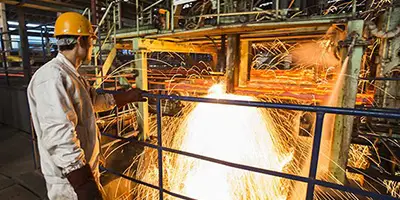
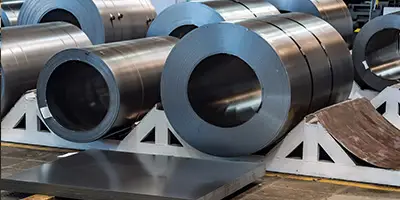

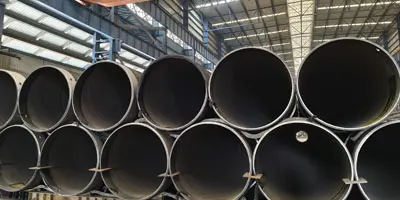
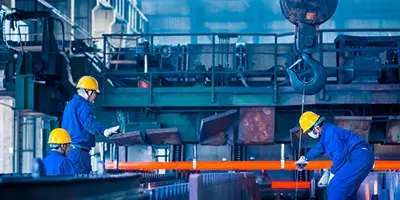
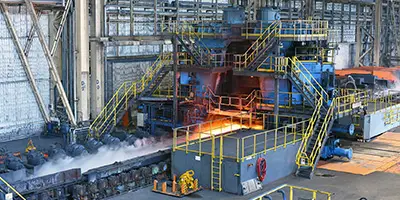
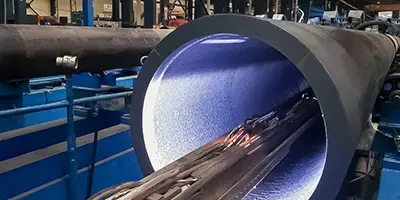
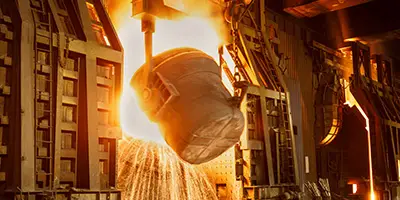
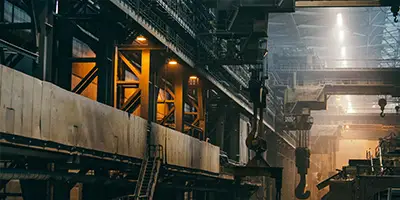

 Phone :
Phone :  Whatsapp :
Whatsapp :  Email :
Email : 


